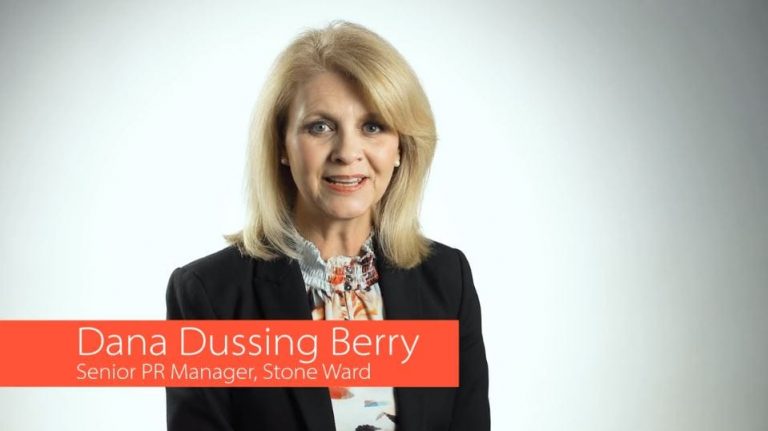In short, yes.
This week one of our partner companies, Boyette Strategic Advisors, held their “ThinkIn” conference in Little Rock, Arkansas. The room was full of executive leaders that work with other executive leaders in economic development and business decision-makers at companies that are looking to locate a business. Most of those in the room were not using social media.
Many executives that are using social media are using it as a broadcast channel rather than as a tool for connection and building relationships. For some executives who are attempting to engage, their posts feel as though the marketing team is managing their social accounts and speaking for them. With the presentation below, we provided advice for executives to avoid these mistakes as they approach social media.
What are some traits of social executives?
- Curious: They wonder what people are saying about their company, their competitors, and their customers wants, needs, and aspirations. They start by listening and learning.
- DIY Mindset: They Google information for themselves rather than asking someone else to do it. They don’t want to hear input from customers filtered from a marketing team. They don’t want to see a summary report; they want their input raw and without any manipulation.
- Bias for Action: When the situation or sense of urgency dictates, they act.
- Givers: They give back, they mentor, and they care about real social issues that have nothing to do with social media. They constantly share what they know, connect others and — often for no other reason than because it is the right thing to do — they do good.
- Relationship Builder: They spread the good word about their company while also interacting with others and they build relationships. Social media is an online cocktail party: get to know people before attempting to sell to them.
How can executives overcome excuses to not participate in social media?
“I don’t have time.”
You do not have to tweet all day, check news streams constantly, blog everyday or respond to every comment. Listening to your customers and employees is important. Not using social media is like ignoring customers who are calling or knocking on your door.
“It’s not about me.”
It’s about your leadership—what you believe is important for the organization to be focused on and how you are doing against goals. It’s a leader’s responsibility to communicate the direction of the company.
“It doesn’t replace face-to-face.”
There is no substitute for shaking someone’s hand and looking them in the eye. Being an engaged leader is figuring how you can build trust in relationships via digital and social channels. Trust is established when you listen, share, and engage with intent and purpose, and inspire your followers to go where you lead.
“It’s marketing’s job.”
It’s a leader’s job to communicate and inspire purpose and mission. The best leaders learn to use the latest technologies to extend their leadership into these channels. Make sure it is your personal leadership voice that is getting out.
“Who cares about what I had for lunch?!?”
What customers, employees, and stakeholders really want to know is what you talked about during lunch. What are your priorities? What are you focused on, working on? What’s your take on what we are doing well, where we need to improve? Rather than have them guess what’s important to you, tell them.
“I don’t want to get my company in trouble.”
What you are really saying is “I’m afraid” that a well-intended action goes awry and ends up on the front page of the newspaper. Start by listening. Then put together a plan with a specific strategic purpose for using social media to help ease into social media use.








